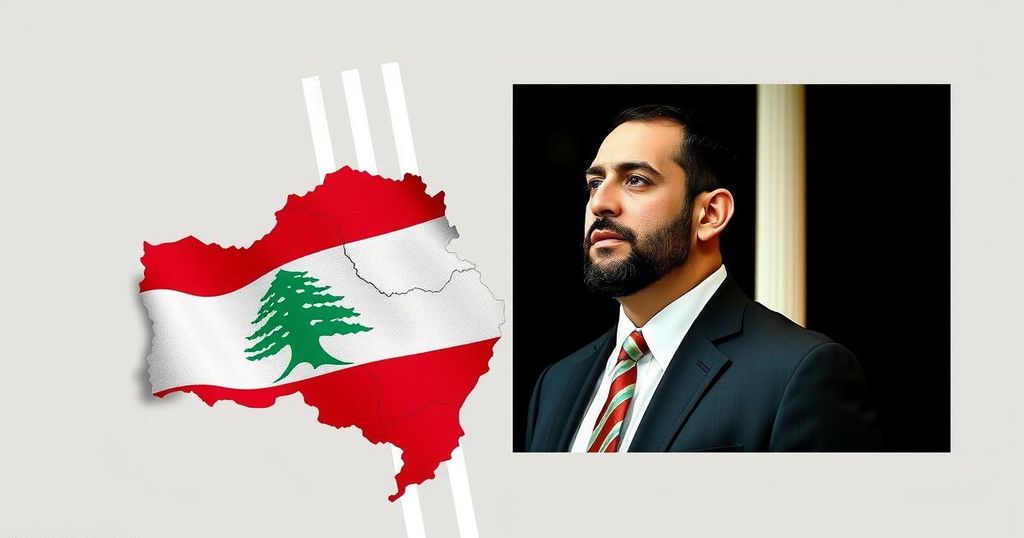Lebanon’s upcoming presidential election offers a pivotal opportunity to reclaim political sovereignty and address ongoing crises. With candidates like Joseph Aoun emerging, the election could impact Hezbollah’s influence and strengthen the Lebanese Army’s national security role. This election is crucial for achieving political stability and reinforcing international support necessary for Lebanon’s reconstruction efforts.
Lebanon is poised for a critical presidential election, potentially reshaping its political landscape after a prolonged stalemate. The Lebanese Parliament, which has convened 13 times in two years without success, will attempt to elect a president following a ceasefire with Israel that has shifted regional dynamics. The election could stem Lebanon’s deepening crises due to ongoing political paralysis and economic battles exacerbated by the conflict with Israel. As Hezbollah’s influence wanes, candidates like Joseph Aoun, a unifying military leader backed by the U.S. and Saudi Arabia, are emerging to fill the leadership void. This election stands as a pivotal moment for Lebanon’s sovereignty, governance, and external support as it navigates post-conflict reconstruction.
Since losing its stronghold following military setbacks against Israel, Hezbollah’s future role in Lebanese politics and security strategies remains to be seen. The new president’s stance on disarming Hezbollah may shape national security and political stability. The Taif Agreement delineates the president’s role as a Maronite Christian who heads the state and armed forces, but power largely resides within the government ministers. Importantly, the president’s ability to influence military and foreign policies, particularly concerning Hezbollah, can either bolster or undermine Lebanese sovereignty.
The outcome of this election is crucial given Lebanon’s current instability; the country has been without a president since October 2022. With significant international support required for economic recovery and reconstruction efforts, the election results will largely determine Lebanon’s trajectory. A presidential win by a candidate aligned with reform could enhance the Lebanese Army’s role, thus decreasing Hezbollah’s capacity to operate freely.
Hezbollah, a powerful political and military force in Lebanon, has faced significant challenges after a series of military losses to Israel, which have weakened Iran’s influence in the region. The crisis has catalyzed a political vacuum, with the Lebanese Parliament struggling to elect a new president since October 2022 amid a protracted deadlock. The current interim government’s limitations underscore Lebanon’s urgent need for stable governance to manage existing economic and social crises exacerbated by recent conflicts. This election seeks to address these challenges at a time when Lebanon faces reconstruction costs that are becoming increasingly overwhelming without adequate functional governance.
The presidential election on Thursday represents a critical juncture for Lebanon, with potential implications for national sovereignty and stability in light of Hezbollah’s diminished power. Candidates, particularly Joseph Aoun, could signify a shift toward enhanced governance and international support, essential for reconstruction. Alternatively, continued division and political paralysis risk further conflict and hinder Lebanon’s recovery. The outcome will significantly influence not only Lebanon’s political future but also regional dynamics in the context of its relationship with Israel and international allies.
Original Source: www.jpost.com






